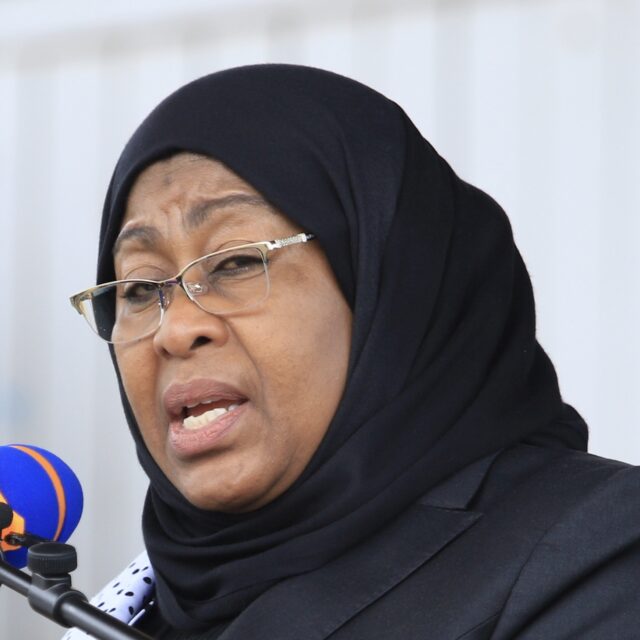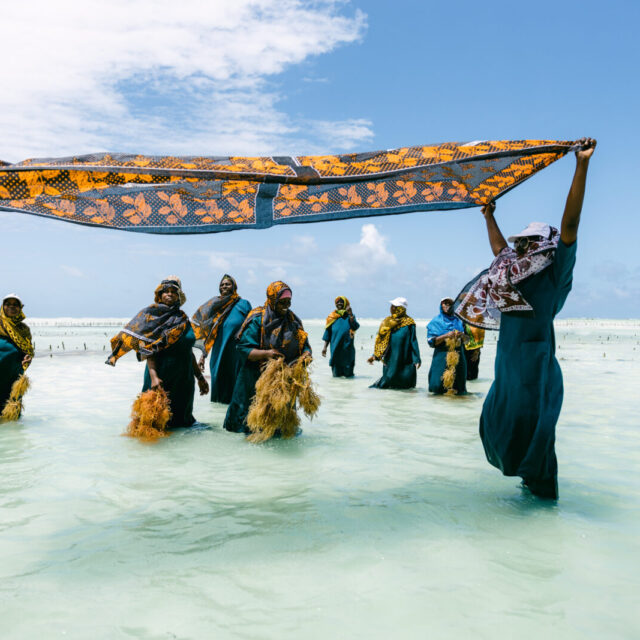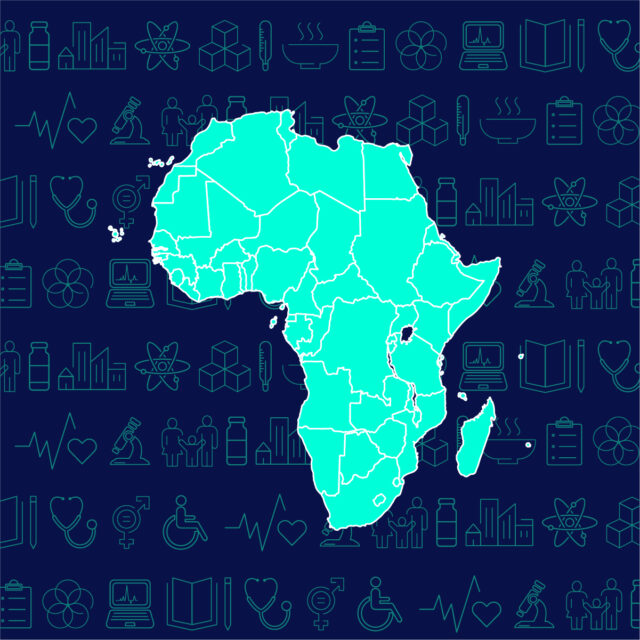Rasna Warah is a Kenyan writer and journalist who is working with the ONE Campaign’s COVID-19 Aftershocks project.
Tanzania’s new president, Samia Suluhu Hassan, is slowly reversing the COVID-19 policies of her predecessor, the late John Magufuli, who infamously declared that the coronavirus had been defeated in the country. He banned the publication of official data and reports on the disease, even as doctors privately reported a rise in the number of patients with COVID symptoms dying in hospitals.
Despite being a highly qualified scientist – he held a PhD in Chemistry – Magufuli turned his back on science by urging Tanzanians to rely on prayer and herbal steam baths to combat the virus. This unscientific approach not only made Tanzanians more vulnerable to infection but also posed health risks to countries that share a border with Tanzania. In May last year, Kenya closed its border with Tanzania to contain the spread of the virus. Experts warned that Magufuli’s COVID denial policies could spread the virus across Africa and beyond.
Tanzania was not the only country in Africa that downplayed COVID-19’s risks. Burundian President Pierre Nkurunziza, who also did not take appropriate steps to contain the virus, is widely believed to have died from COVID-19, though official reports say he had died from a heart attack. At the time of his death in June 2020, Burundi had recorded only 83 cases of COVID-19. The country has consistently been reporting few coronavirus cases and has recorded only eight deaths from the disease since the start of the pandemic last year.
After more than a year of denying the existence of COVID-19, the Tanzanian government has finally acknowledged that the disease is not just prevalent in Tanzania, but that it has likely significantly impacted public health and the economy. After President Samia assumed office in March, she set up a health task force to review the status of COVID-19 and advise her on how to tackle the virus. The task force has already made several recommendations that could see this East African country join others in the region in the global fight against the pandemic.
The Tanzanian president has expressed interest in obtaining vaccines from COVAX, the global vaccine-sharing facility for low-income countries. She has also encouraged Tanzanians to wear masks, thereby reversing a trend set by her predecessor who refused to impose lockdowns and social distancing measures.
She is expected to roll out COVID-19 data on Tanzania, a condition set by the International Monetary Fund for a $570 million loan to the country. The lack of official data on the disease has been particularly challenging in Tanzania. The last time any COVID-19 cases were officially reported was in April 2020, when the country recorded 509 infections, 183 recoveries, and 21 deaths. Organisations such as ONE that have been tracking COVID-19 in Africa have been unable to provide updates on coronavirus cases in Tanzania since May last year because the data has not been made available to the public, even though publishing of information on infections, deaths, and vaccinations is a World Health Organization requirement.
Tanzania’s new president is ushering in a more pragmatic and scientific approach to the pandemic that has been the hallmark of other female leaders around the globe. Prime Minister Jacinta Ardern of New Zealand, for instance, is credited with successfully controlling the outbreak of the disease in her country by responding quickly, thereby averting mass infections and deaths. In the first wave of the pandemic, Germany, headed by Angela Merkel, had far fewer COVID-related deaths than Britain, France, Italy, and Spain. Tsai Ing-wen, the president of Taiwan, managed to successfully contain the spread of the coronavirus without resorting to national lockdowns by deploying mass testing, contact tracing, and isolation measures.
Tanzania’s new president has a lot of catching up to do, but her actions so far are an important step in the fight against the pandemic in the East African region and beyond.
Stay Informed
For more on the health, economic, and social impacts of COVID-19 in Africa, check out ONE’s Africa COVID-19 Tracker. It pulls together the latest real-time data from global institutions, governments, and universities about the impacts of the pandemic for the continent and for every African country – including information on food security. For more insights and analysis, sign up for our Aftershocks newsletter and follow us @ONEAftershocks.
The photos used in this blog have been resized and cropped for formatting purposes. Photo credit goes to Gospel Kitaa via Flickr. Read the licensing agreement.



